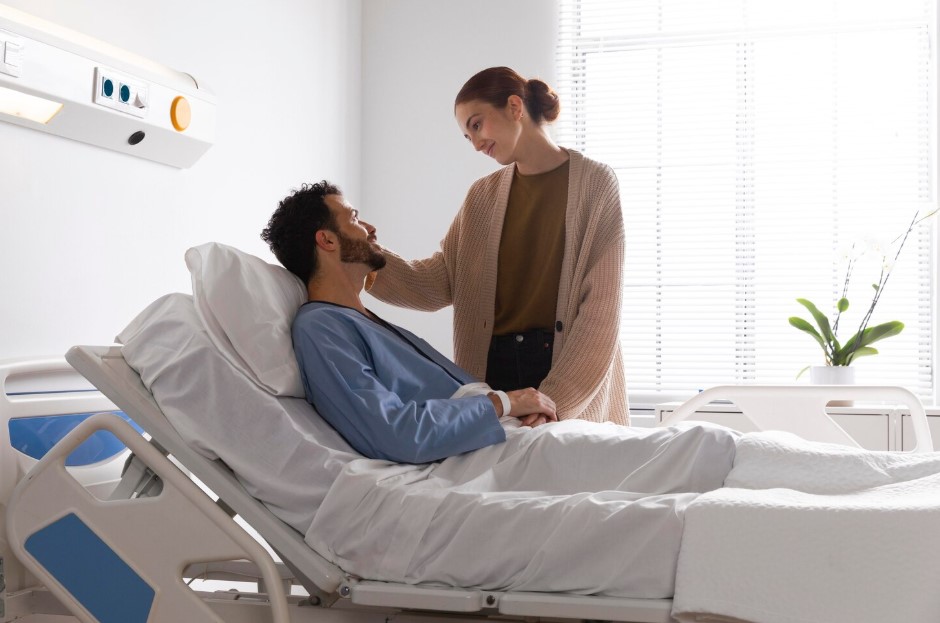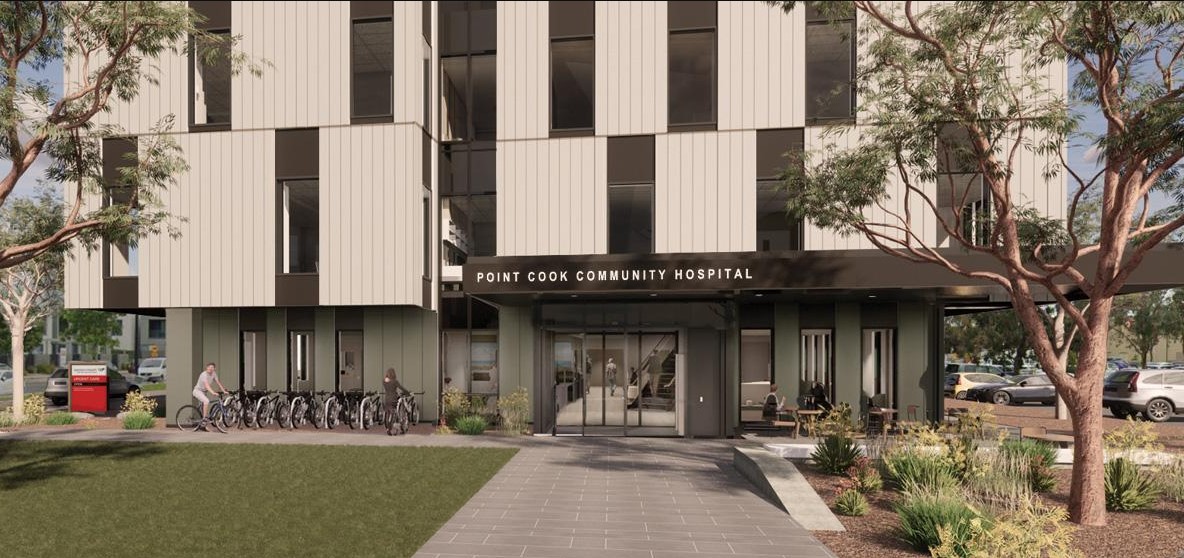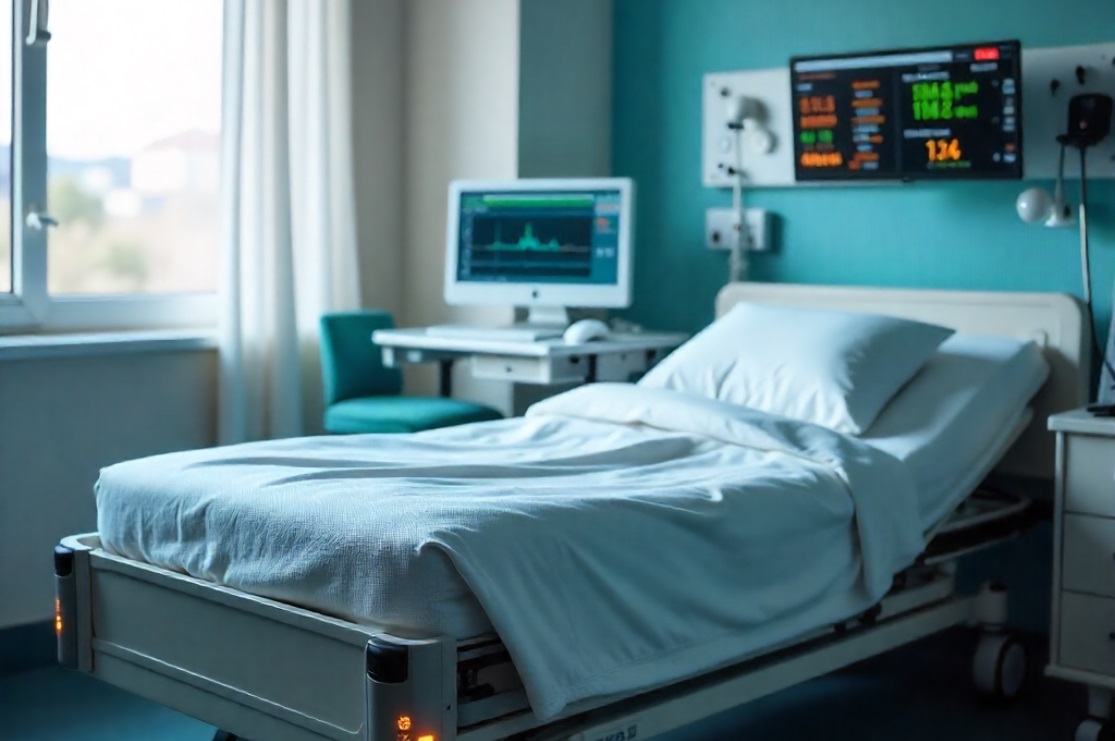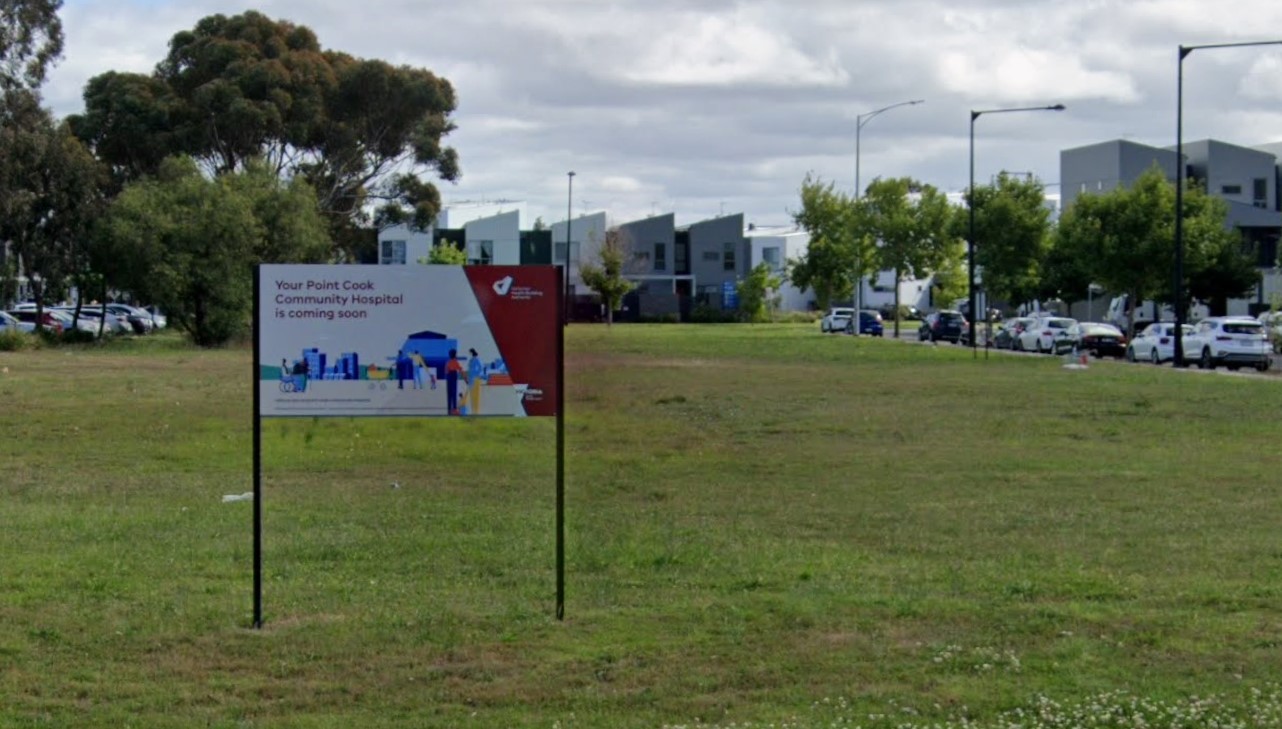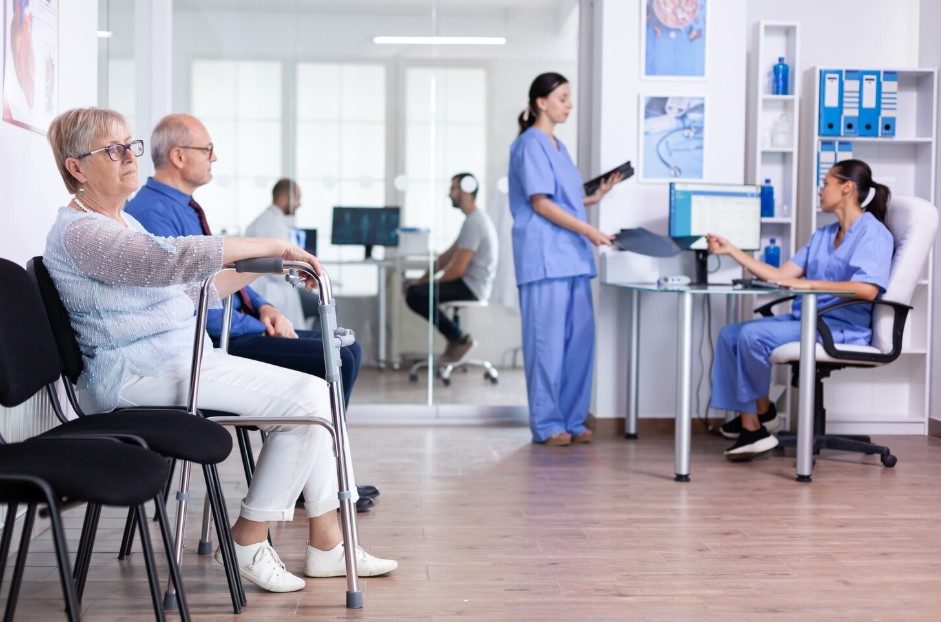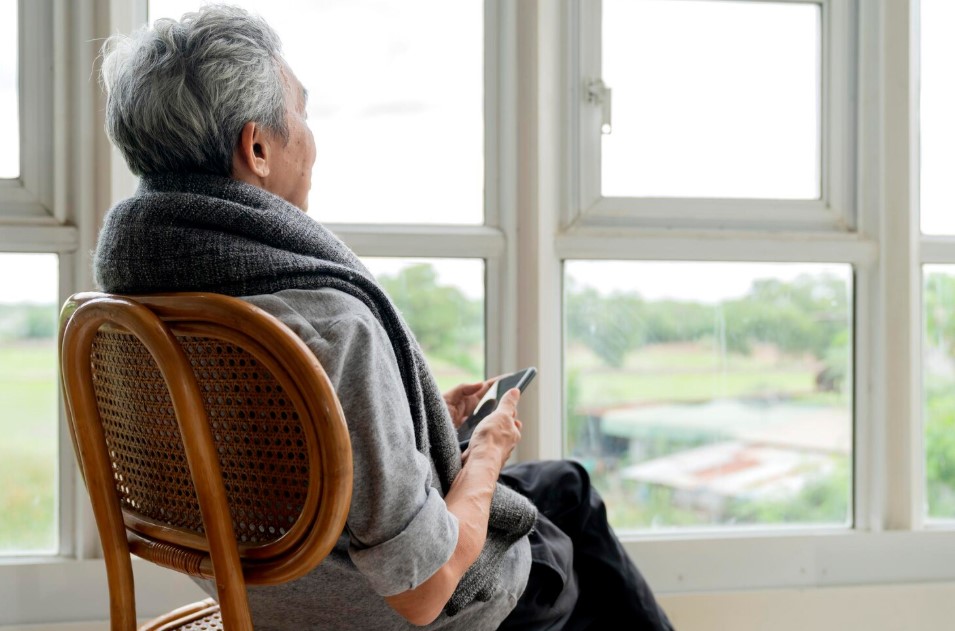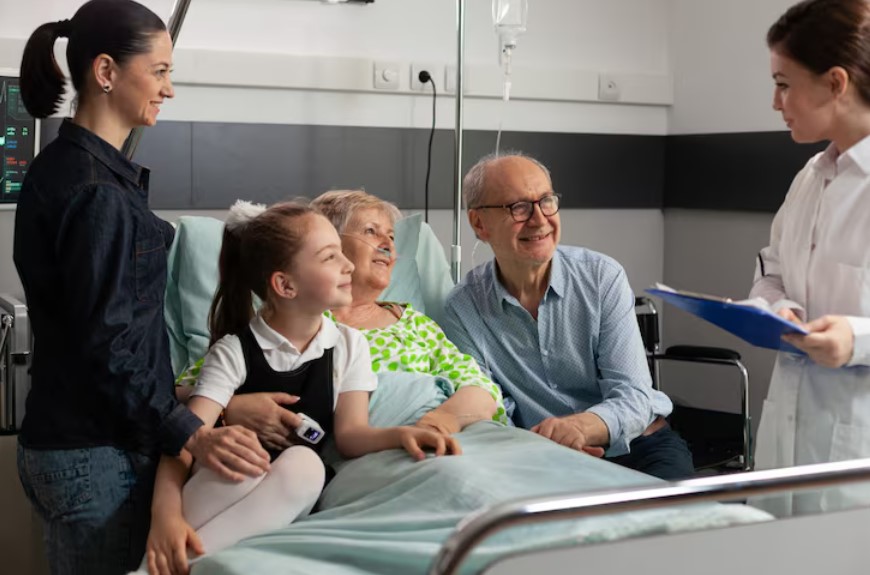08
Nov 2024
How to Find the Perfect Accommodation for Your Hair Transplant Recovery
Published in General on November 08, 2024
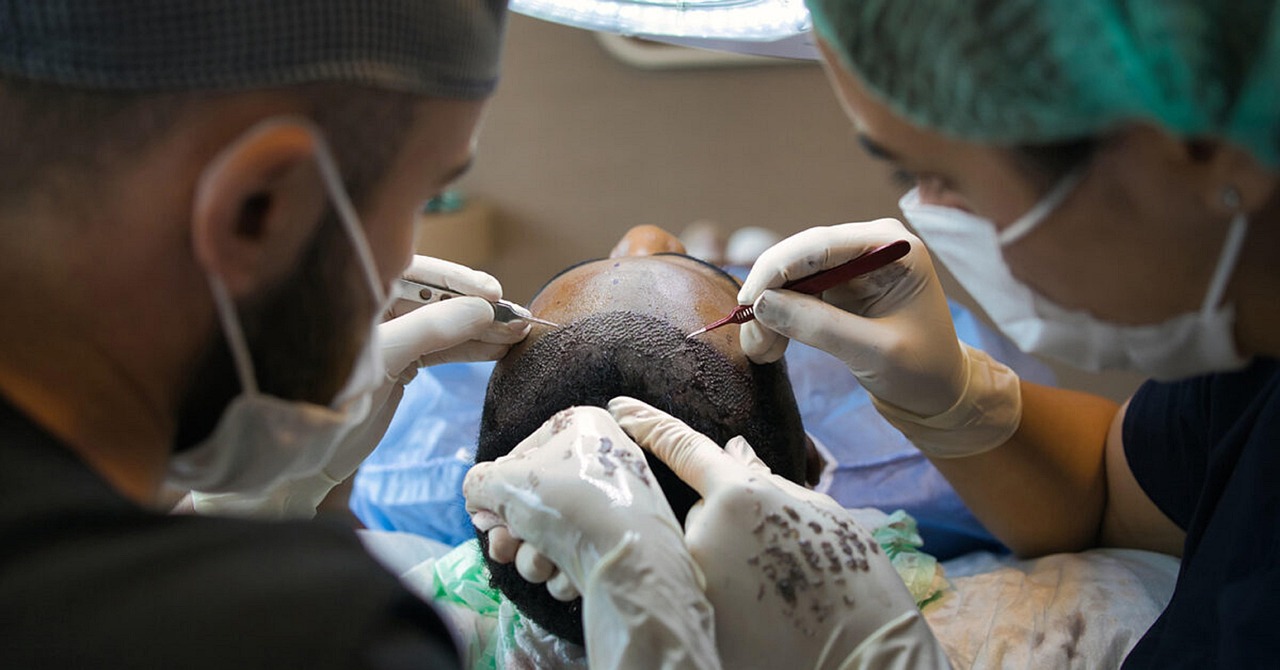
Regardless of one’s gender and age, hair transplant surgery is a great way to restore confidence in an individual’s looks.
Having said that, this medical procedure entails a moderately long recovery period lasting a year. During this time, the patient will have to be conscious of upholding proper hair care habits.
If you find yourself at these crossroads, it’s essential to follow the right steps to ensure that you fully recover from a hair transplant surgery with no further complications.
This entails not just taking the right preventative action, but also staying in the right accommodation to lessen the chance of developing problems down the line.
Without further ado, let’s take a look at some of the most important factors to consider when picking the next accommodation following your hair transplant procedure.
Why Do You Need a Special Accommodation Post-Hair Transplant?
Opting to stay in a special accommodation instead of just staying at home may seem excessive following a hair transplant, but there are several significant advantages to going this route.
Specialised accommodation helps you gain access to the best transplant aftercare procedures. It also grants doctors easy access to their patients, allowing for quicker treatment plans as necessary.
Here are some perks of choosing a special accommodation:
- Minimises strain on the scalp: A special accommodation is designed with special neck-supporting pillows, special absorbent sheets, non-obstructive chairs, and other post-op products and furnishing to ensure your scalp and forehead aren’t exposed to conditions that may negatively affect the recovery phase.
- Ensures immediate care: If you stay in places that promote recovery, you can gain access to medical facilities if the need arises.
- Guarantees a high standard of cleanliness: It’s essential to minimise your exposure to dirt and dust following the procedure, as your immune system is hard at work following it. Staying in a special accommodation ensures that your place is specially cleaned for your easy recovery.
- Provides a sense of privacy: The recovery during the first days of treatment can leave you with scabs and visible bald spots. They’re totally normal, but if you’d rather refrain from being seen from public view, staying in a special accommodation helps.
- Access to on-site services: Staying in a special accommodation also brings you closer to special medicines, gauzes, creams, and bandages—which can help ensure that your recovery process goes smoothly during its most critical moments.
- Grants single-bed use: If you share a bed with your spouse or child, then a special accommodation can grant you a temporary moment of separation to support recovery and prevent sleep movements from damaging your transplanted follicle’s structures.
While you can arrange your home and purchasing behaviour to match these aforementioned perks, you’ll have better peace of mind staying in a special accommodation instead.
Plus, you’ll also be within immediate access to a medical facility if an urgent issue arises following the surgery—which isn’t always a guarantee for people who live in more rural or isolated areas of the country.
Keep in mind that clinics like Gro Clinics in Melbourne offer advanced hair transplant techniques, such as PFP, which result in minimal downtime. This often eliminates the need for post-procedure accommodation, making recovery more convenient.
Tips on Finding The Perfect Accommodation After a Transplant
So now that you know about the importance of picking the right accommodation, the question then becomes: what are the characteristics of a good post-surgery accommodation, anyway?
We’ll sort that out for you. Read on for some tips on finding the perfect place to stay after a hair transplant surgery.
1. Ask Your Physician For Advice
If you had your hair transplant procedure done locally from a homegrown clinic, then it’s a good idea to ask the practising surgeon about the best places to stay near the area.
Your physician has likely done hundreds, if not thousands, of hair transplants by the time they’ve done yours. They’ve likely also been asked many questions by previous patients following their own procedure and know full well the best post-surgery treatment, including where you should optimally stay for ample care.
Given that, be sure to get a clear picture of what the postoperative phase would entail. Ask them if they have a specific clinic or recovery room that you should stay in, and the duration in which you’ll have to stay in that accommodation.
They’ll be glad to give you advice and a lead on where to stay, with the most likely accommodation being a hair transplant recovery room provided by the clinic. Communicating with them will also give you tips on other variables following the surgical procedure—such as tips on protecting the scalp and medication dosages.
2. Consider Its Distance From a Medical Facility
Whether you choose to stay at a special hotel, an apartment, or the hospital itself, be sure to consider its proximity to medical facilities and the nearest major hospital.
While the risk of complications following a hair transplant is infrequent, it’s not a non-zero chance. Some patients may experience a slew of conditions such as skin necrosis, neuralgia, swelling, or an infection following the procedure.
In these cases, simple rest or the current range of medications may not be enough to deal with these symptoms. A visit to a proper medical facility may be warranted.
The best place to stay after a medical procedure is in the hospital or clinic where the patient has taken the procedure. The next place is an apartment building or hotel within a block or a few blocks from the hospital.
By living near the medical facility, the patient will have access to proper post-operative care as needed. In turn, this can give you the necessary treatment you need to have better recovery outcomes.
3. Seek Accommodation Offering Room Service
When recovering from a hair transplant, you should consider picking one that offers room service. Following a procedure, you should be focused on recovering and resting—and this entails minimising unnecessary movements and strenuous actions.
Staying in a clinic or hospital would grant you access to this perk as part of the package. But if you’re staying in an apartment or hotel temporarily, ensure that room service is available.
Or, at the very least, ensure that they’ll allow private nurses to come and go as necessary. This ensures that you have everything, from medication to food, properly sorted out during the right time of the day.
Room service isn’t a luxury in this scenario, it’s a practical feature to help recovery. Having room service also helps reduce the risk of you getting infections or exposing yourself to the sun, pollution, and rain—which can impede recovery progress.
4. Choose a Comfortable and Private Location
When recovering during the initial phases, it’s important to ensure that you’re staying in a cosy and private room. You don’t want to see people constantly going in and out while you’re resting, as this can interfere with your already-altered sleeping position.
Furthermore, a private location also helps remove another variable that can affect recovery—self-consciousness. By staying in a private hotel or hospital room equipped with top-notch amenities and furnishing, you can rest more easily and rest more quickly.
One factor that can help enhance this sense of comfort is a blackout curtain, helping reduce light penetration from windows. A quality bed that supports recovery is also crucial to support the healing process. When you have all these furnishings, you can recover more comfortably.
5. Stay Far From Heat and Water
During the initial months of your recovery, you should ensure that your scalp isn’t near the sun’s rays or strong water pressure.
The sun’s UV rays can damage the growing follicles in the head after the transplant, which can interfere with the growth and recovery of these grafts.
"Furthermore, exposure to raindrops should also be avoided in your scalp area. This is because rain can contain contaminants that can increase the risk of infection. Strong rain pressure can also dislodge grafts and cause skin irritations, which may impede recovery.
Sweat is something you should also avoid for the first three months after the procedure. This means that your room should be properly cooled at all times and not directly exposed to sunlight to minimize heat and sunlight exposure.
If a home environment is unsuitable for recovery, patients may consider specialized hospital stay accommodations designed for post-surgical comfort and care. These options provide a controlled, sanitary environment with temperature-regulated rooms, often helping reduce the risk of exposure to contaminants, sweat, and other factors that may delay healing."
